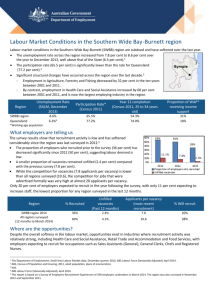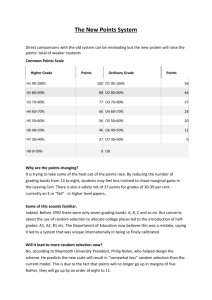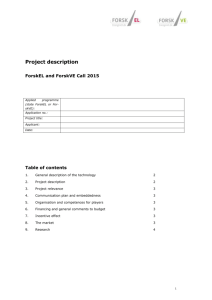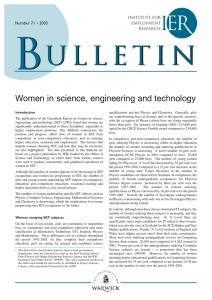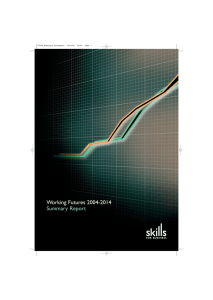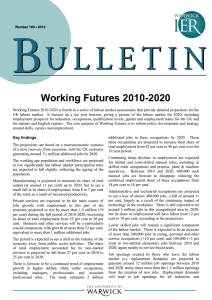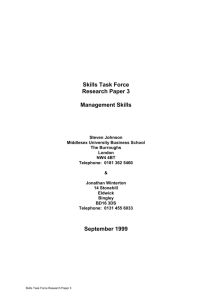Career decisions: The role parents play
advertisement
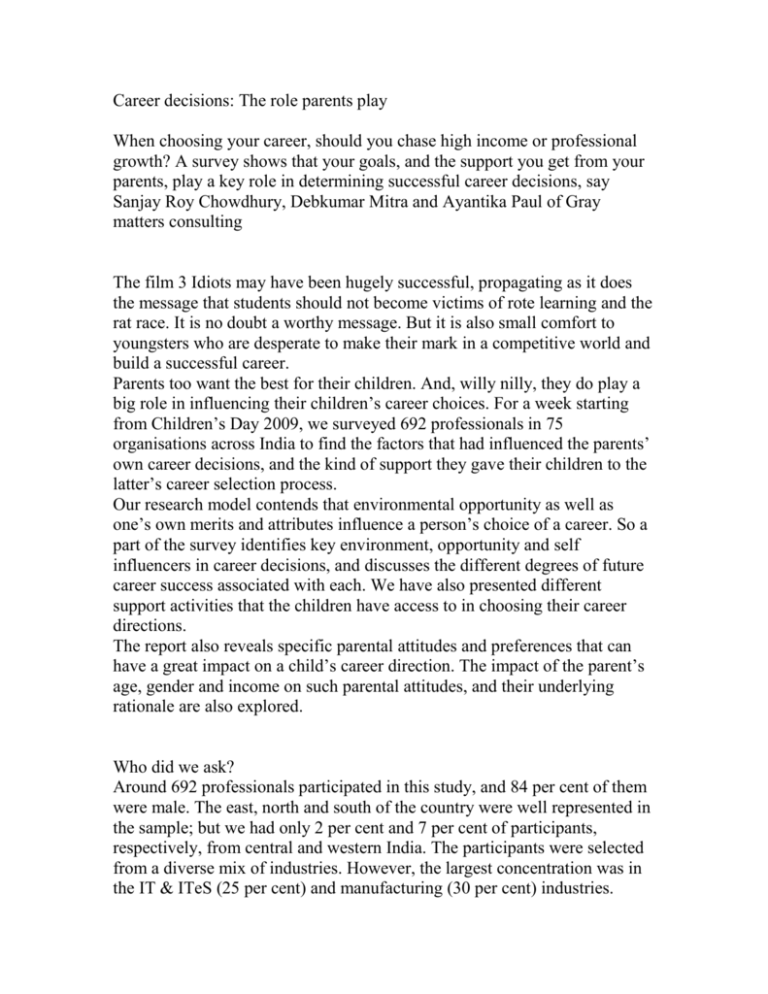
Career decisions: The role parents play When choosing your career, should you chase high income or professional growth? A survey shows that your goals, and the support you get from your parents, play a key role in determining successful career decisions, say Sanjay Roy Chowdhury, Debkumar Mitra and Ayantika Paul of Gray matters consulting The film 3 Idiots may have been hugely successful, propagating as it does the message that students should not become victims of rote learning and the rat race. It is no doubt a worthy message. But it is also small comfort to youngsters who are desperate to make their mark in a competitive world and build a successful career. Parents too want the best for their children. And, willy nilly, they do play a big role in influencing their children’s career choices. For a week starting from Children’s Day 2009, we surveyed 692 professionals in 75 organisations across India to find the factors that had influenced the parents’ own career decisions, and the kind of support they gave their children to the latter’s career selection process. Our research model contends that environmental opportunity as well as one’s own merits and attributes influence a person’s choice of a career. So a part of the survey identifies key environment, opportunity and self influencers in career decisions, and discusses the different degrees of future career success associated with each. We have also presented different support activities that the children have access to in choosing their career directions. The report also reveals specific parental attitudes and preferences that can have a great impact on a child’s career direction. The impact of the parent’s age, gender and income on such parental attitudes, and their underlying rationale are also explored. Who did we ask? Around 692 professionals participated in this study, and 84 per cent of them were male. The east, north and south of the country were well represented in the sample; but we had only 2 per cent and 7 per cent of participants, respectively, from central and western India. The participants were selected from a diverse mix of industries. However, the largest concentration was in the IT & ITeS (25 per cent) and manufacturing (30 per cent) industries. Most of these professionals were either graduates (50 per cent) or postgraduates (35 per cent). Since the participants belonged to diverse age groups, the age of their children had a spread from below 12 years to above 21 years. What were we looking for? We wanted to decode the career decision making process of children. What factors does a child consider in making his or her career choice? What are parents’ most common attitudes and preferences in supporting their child’s career decision making? We investigated the following questions: 1. What’s the most common definition of career success among today’s professionals? 2. What percentage of these professionals feels that they have been “successful” in their career? 3. Which of the environment, opportunity and self influencers of career choice have led to greater career success? 4. What are the most common support activities that children had access to for capitalising on such career choice influencers? 5. What factors influence parental attributes that in turn influence their child’s career decisions? 6. What are parents’ predominant attitudes and preferences regarding their children’s career planning process?’ 7. How do the parents’ age, gender and income influence such attributes? What did we find? For most of the professionals surveyed, career success meant “professional growth and achievement” or “right person-career fit”. “Monetary achievement” or “power” was considered far less important for determining career success. In the domain of one’s environment, people who were most influenced by their parents’ occupations experienced the highest career success. The responses reveal that if a child is asked to choose her career guidepost between the “occupational diversity in her local region” and her “deeper understanding of her parents’ professions”, she’s likely to profit more from the latter. Again, people who were driven most by “past or current work experience at the time of making their career selection” landed up with the greatest career success, followed by groups driven by “family socio-economic status (SES)”. Significantly, if a person has had opportunities in terms of an enriching past work experience, multiple education and employment opportunities in his or her local area, and a high family SES, he or she is likely to have greater career success if he or she is most influenced by work experience. However, the career success differentials associated with each factor were not significant. In the domain of self factors, people most driven by their “motivation for high SES” during the career decision making phase achieved the highest career success, followed by groups that were most led by “analysis of their own capabilities”, “self interest awareness and career planning”, and “academic scores and achievement”. So if a child is clear that his career success motivation lies in a good career fit rather than high income right at the time of career decision-making, he’s likely to have a career that he would find the most successful. To best leverage the environment factors influencing a child’s career choice, we have recommended the following to those who were surveyed: * Discuss the pros and cons of parents’ occupations * Give children the opportunity to be mentored by role models or siblings * Have peer discussions of career choices and interests * Decrease explorations of occupations and career choices beyond those in the local area To make the best use of the opportunity factors influencing the child’s career selection process, we have the following suggestions for the sampled parentchild groups: * Decrease activities that make use of school-industry joint initiatives * Maintain parents’ exploration of financial alternatives for supporting their child’s career decisions * Discuss non-traditional and non-mainstream careers. Although practical experiences provide children with some knowledge of specific professions, what is also needed is a deeper discussion of the benefits and challenges of different occupations. To best capitalise on the self factors that influence a child’s career direction, we recommend the following for the children surveyed: * Decrease activities that choose career value priorities * Decrease activities that analyse one’s own capabilities * Increase activities that involve career planning and self discovery * Increase activities that involve understanding the impact of academic scores. Most respondents felt the need to get more proactive about planning the steps towards achieving the child’s career goals. A respondent from Eveready says: “Once my child becomes mature enough, her inclination towards any particular field needs to be nurtured and developed.” Agrees Jubilant Energy’s Tojo Jose, “My daughter is looking at a career that would fit into her strengths and interests, provided she’s mentored and guided properly.” But some children feel that too much monitoring by parents can also be counter productive. Says Sree Mitra, a third-year student at the West Bengal National University of Juridical Sciences, Calcutta, “Once they see an inclination in children, parents push them towards that particular career, leaving little opportunity for self-discovery.” The survey also showed that the parent’s income or gender is unrelated to the time at which he begins to plan for a child’s career. The parent’s age, however, has a quasi-significant relationship to the time at which the planning begins. The younger the parent is, the earlier he’s likely to want the child’s career planning process to begin. As a mid-level professional from Bajaj Auto Finance says: “Both my sons are interested in making their career in sports, film, music and dance. My only expectation is whatever they do they should excel in their chosen field.” Shilpa Chakraborty of manufacturing conglomerate TIL Limited, feels it is important for students to be better trained in soft skills such as communication. However, as newer opportunities open up, career choices become more difficult. And not all parents are encouraging when it comes to choosing a career that they perceive to be off the beaten track. “I had wanted to pursue a career in English. I wanted to become a writer but since both my parents have PhDs in science, I was discouraged from pursuing my dream,” says a student of St Xavier’s College, Calcutta, who declined to reveal his identity. The parent’s age or gender does not have a significant impact on his or her preference for the child’s independent interests versus societal expectations. However, wealthier parents are more likely to be predisposed towards their child’s interests vis-à-vis societal expectations. Also, younger and wealthier parents are likely to be more open to the nontraditional career choices of their children. But the parent’s gender does not have any significant impact on this. It was also seen that mothers and fathers were surprisingly alike in some of the key parental attitudes that can impact the quality of support the child gets in making his or her career decision. Are our findings any different from similar studies from the developed world? Here is an abstract from a study titled “Pathways to a Career in STEMM” by researchers at the University of Michigan, US. “The selection of scientific and technical careers by American young adults has been and continues to be a major national concern. Using data from the 20-year record of the Longitudinal Study of American Youth (LSAY) and working within the social learning paradigm, this analysis uses a set of 21 variables to predict employment in science, technology, engineering, mathematics, or medicine (STEMM) at ages 34 to 37... Home and family factors such as parent education and parent encouragement of science and mathematics during secondary school enhanced the likelihood of a young adult entering a STEMM profession.” In sum, the survey reveals that many parents do give the necessary support to their children so that they discover their talents and aptitudes and go for careers that are best suited to them. Indeed, the crucial piece of a child’s career direction puzzle is his or her parental support. And it seems there are oodles of it. It is up to parents, to help children discover their passions and interests and put them on a path of self-discovery. SURVEY HIGHLIGHTS * Individuals who defined career success in terms of their professional development perceived themselves to be more successful than people who identified career success with high income or power * Those who were most influenced by their parents’ occupations experienced the highest career success * Those who were driven most by “past or current work experience at the time of making their career selection” got the greatest career success * Proactive discussions with parents, peers, siblings and role models can play an important role in future career success * The parent’s income or gender is unrelated to the time at which he or she begins to plan for a child’s career * Younger and wealthier parents are likely to be more open to the nontraditional career choices of their children.

